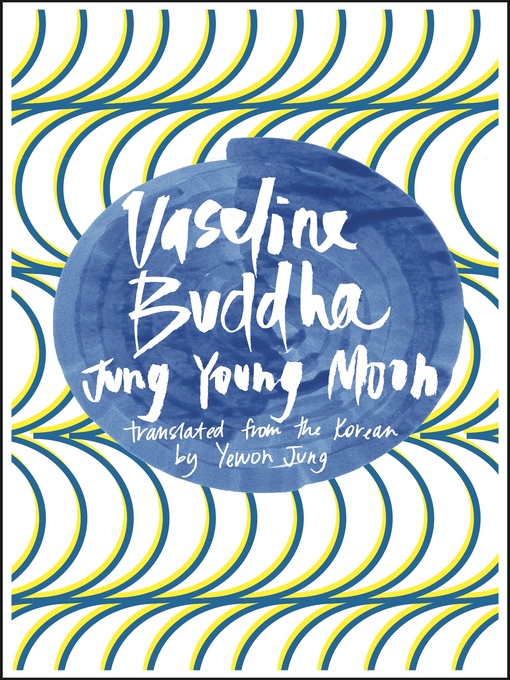"If someone in the future asks in frustration, 'What has Korean literature been up to?' we can quietly hand them Vaseline Buddha."—Pak Mingyu
"One enters into a kind of serenity when we delve into this book. I find that eccentrics like Jung are needed in literature."—Achim Stanislawski
Our sleepless narrator thwarts a would-be thief outside his moonlit window, then delves into his subconscious imagination to explore the very nature of reality.
Jung Young Moon, 2005 alum of Iowa's International Writing Program, is one of South Korea's most award-winning, eccentric, and handsome authors, often compared to Kafka and Beckett.


